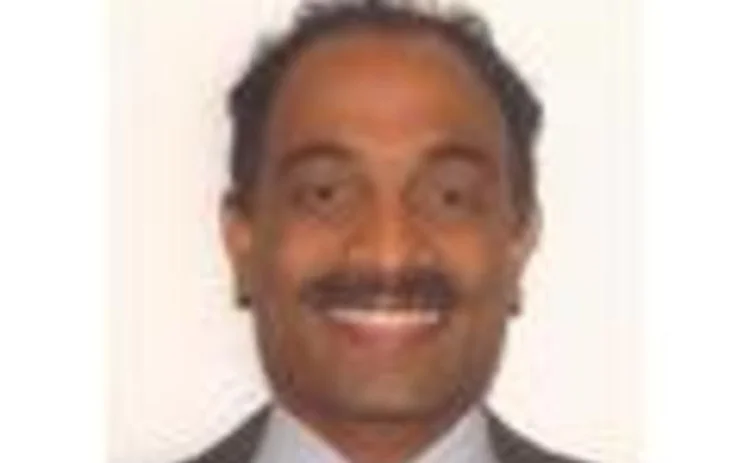Multi-Asset Platforms Are Efficient, But Don't Force It

In recent years, market structure in the various asset classes has begun to look more similar, thanks in large part to regulation. That has coincided with a more cost-conscious environment for IT. Executives see an opportunity to rationalize operations, find synergies in the siloed platforms, and perhaps combine platforms entirely into a true multi-asset monster. A panel discussion at Waters USA tackled this transformation.
"The biggest challenge that the broker-dealers face is up until a year or two ago, we were taking technology platforms that were built for one thing and trying to force them to do more and more and more," said Deborah Mittelman, global head of product management, direct execution, UBS. "Maybe your equities platform is the strongest, so where maybe it used to operate regionally, now you have to make it global, you have to make it 24 hours, which has tremendous implications for your support structure and your account coverage model. Now firms have accepted that this is here to stay, so you'll see new platforms being built that already have this in mind."
Cross-Pollination
One trap that firms fall into is to use all the components of their strongest system, usually equities, and extrapolate them onto other asset classes, according to Nachi Muthu, Credit Suisse global head of multi-asset electronic trading, listed derivatives, and over-the-counter (OTC) clearing IT. For other exchange-traded products, such as futures and options, that may be possible. But products that are traded differently, such as foreign exchange (FX), which is negotiation-driven, are square pegs that are not easy to fit into a round hole.
"If a product trades in a certain way, like risk-based quoting, then the mechanism for delivering those quotes could be leveraged across different types of products that trade in a certain way," said Greg Wood, director of algorithmic execution, listed derivatives and FX. "But you wouldn't use an order management system because that isn't the way that business works."
People
Olympian Group, a St. Petersburg, Florida-based hedge fund run by Michael Levas, has a proprietary multi-asset platform, while also using broker-supplied single-asset platforms for some trades. The central benefits of a multi-asset platform, Levas said, is an ability to quickly toggle between classes, to easily hedge, and to be able to go long and short simultaneously.
If a product trades in a certain way, like risk-based quoting, then the mechanism for delivering those quotes could be leveraged across different types of products that trade in a certain way.
Levas said the technology is only as effective as the trader is knowledgeable. The best person to operate such a system is one that has traded each asset class individually and knows their ins and outs.
"Clients want to look at the world one way," Mittelman said. "They want one-stop shopping. They want all their flow to look the same and feel the same."
Only users who have a paid subscription or are part of a corporate subscription are able to print or copy content.
To access these options, along with all other subscription benefits, please contact info@waterstechnology.com or view our subscription options here: https://subscriptions.waterstechnology.com/subscribe
You are currently unable to print this content. Please contact info@waterstechnology.com to find out more.
You are currently unable to copy this content. Please contact info@waterstechnology.com to find out more.
Copyright Infopro Digital Limited. All rights reserved.
As outlined in our terms and conditions, https://www.infopro-digital.com/terms-and-conditions/subscriptions/ (point 2.4), printing is limited to a single copy.
If you would like to purchase additional rights please email info@waterstechnology.com
Copyright Infopro Digital Limited. All rights reserved.
You may share this content using our article tools. As outlined in our terms and conditions, https://www.infopro-digital.com/terms-and-conditions/subscriptions/ (clause 2.4), an Authorised User may only make one copy of the materials for their own personal use. You must also comply with the restrictions in clause 2.5.
If you would like to purchase additional rights please email info@waterstechnology.com
More on Trading Tech
Banks hope new axe platform will cut bond trading costs
Dealer-backed TP Icap venture aims to disrupt dominant trio of Bloomberg, MarketAxess and Tradeweb.
Editor’s Picks: Our best from 2025
Anthony Malakian picks out 10 stories from the past 12 months that set the stage for the new year.
The next phase of AI in capital markets: from generative to agentic
A look at some of the more interesting projects involving advanced forms of AI from the past year.
Will overnight trading in equity markets expand next year? It’s complicated.
The potential for expanded overnight trading in US equity markets sparked debate this year, whether people liked it or not.
WatersTechnology latest edition
Check out our latest edition, plus more than 13 years of our best content.
The total portfolio approach gains momentum: Building the right tech foundation for success
The rationale for the TPA, and the crucial role technology plays in enabling such an approach
Google, CME say they’ve proved cloud can support HFT—now what?
After demonstrating in September that ultra-low-latency trading can be facilitated in the cloud, the exchange and tech giant are hoping to see barriers to entry come down.
Institutional priorities in multi-asset investing
Private markets, broader exposures and the race for integration







